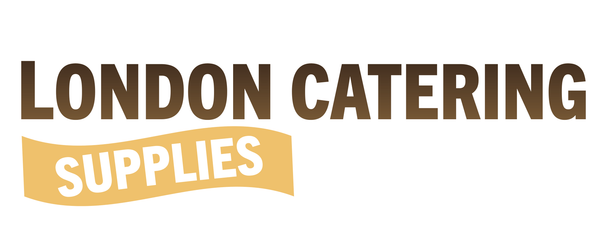
The coronavirus pandemic has brought the world to its knees. It has affected every industrial sector, either directly or indirectly. The packaging industry is no exception. The changes have been multifarious and volatile. Varying prices and availability of raw materials, paranoid customers, and a sudden shift of companies to online platforms are some of the challenges that the packaging sector is facing.
Packaging converters and companies are expected to up their game as the world recovers from this debacle. Some of the trends that would be affected are mentioned below.
The Sustainability Game
FMCG(fast-moving consumer goods) companies’ main concern was a sustainable packaging chain before the pandemic. Retailers and production giants were all adopting new ways to minimize the input of single-use plastics in their products.
As the proposed ban on plastic commodities such as straws, polystyrene food, and drink containers and cutlery is extended, the focus on sustainability has taken a back seat. This gives room to hygiene and food-safety concerns. Packaging material preferences will witness a change as the pandemic recedes since the end-users’ concern about a package being a vector will have to be minimized.
Hygiene and Safety
A challenge of balancing sustainability, hygiene, overall performance, and profit awaits the packaging sector. Many companies, restaurants, and producers have already taken positive steps like the introduction of disposable food containers which are single-use in nature thus eliminating the prospect of hygiene concerns from the minds of citizens.
E-commerce Platforms
The demand for groceries has seen a steep growth during the pandemic. E-commerce shipments and doorstep deliveries of groceries have flourished, thanks to the lock-down orders by the government. Online platforms would serve as a new normal since they ensure the sale of essential and non-essential goods with the least number of middlemen and exposure involved.
A lot of wholesale food suppliers London are already in the business of delivering goods. Retailers and restaurant owners also need to shift their operations to online platforms to ensure their business running.
Consumer Preferences
Consumer preferences and priorities have also been affected. Discretionary expenditure has been cut down by consumers thus hitting down the sales of apparels, perfumes, luxury items, and other non-essential goods. Consumers have now become price-sensitive and brand-oriented. They are shifting to buying from only trustworthy sources, thus making it important for retail stores, restaurants, and small business owners to establish a strong goodwill online.
Companies are shifting to increased layers and sanitizing the goods while packing them. This ensures the customer that the commodities he is receiving are safe to open and consume.
Raw Material and Chain Digitization
Packaging companies and converters have to shift their supply demands to local and regional inputs since the import costs and prohibitions have multiplied fast. This step would give a push to the small scale industries and raw material providers, thus developing a healthy network of interdependence.
Chain digitization is the next step towards the digitization of the packaging industry. Transparency, easy tracking, and timely deliveries of raw materials, semi-finished goods, and product parts are some of the advantages of shifting to online platforms. Although this could prove to be a challenge at the start, the results, in the long run, are quite productive and efficient.
Measures to Cope up.
- Target your consumers and their needs. For example, drinks suppliers UK would search for potential customers in major cities and takeaway restaurants in the United Kingdom, which might need easy to handle packaged drinks. This way the hassle for both the buyer and the seller would reduce, thus increasing sales.
- Adapt to online platforms and establish your goodwill by developing a user-friendly portal that ensures safety and hygiene. Show the sources of the raw materials used and mention their advantages wherever necessary.
- Tie-up with small and independent producers providing them with guidelines and procedures for the production of packages for the company.
- Follow guidelines and regulations and do not fail to mention them in your online portals. This step provides the customer with an assurance that the goods that he is buying are safe to use.
- Refrain from excessive production and cut down underperforming goods from the production chain.
“Improvise, Adapt, Overcome”
Although the packaging sector has seen a stunted growth in 2020 due to the shutdown of restaurants, strict rules, and high import prohibitions, the prospects appear to be bright. Producers have slowly but surely started to adapt to the new measures and regulations, thus providing the end-users with hygienic and sustainable packages. The packaging industry is undergoing changes, both positive and negative, but accepting the prevailing conditions as the new normal and adapting to them as soon as possible is the only way out for producers.

